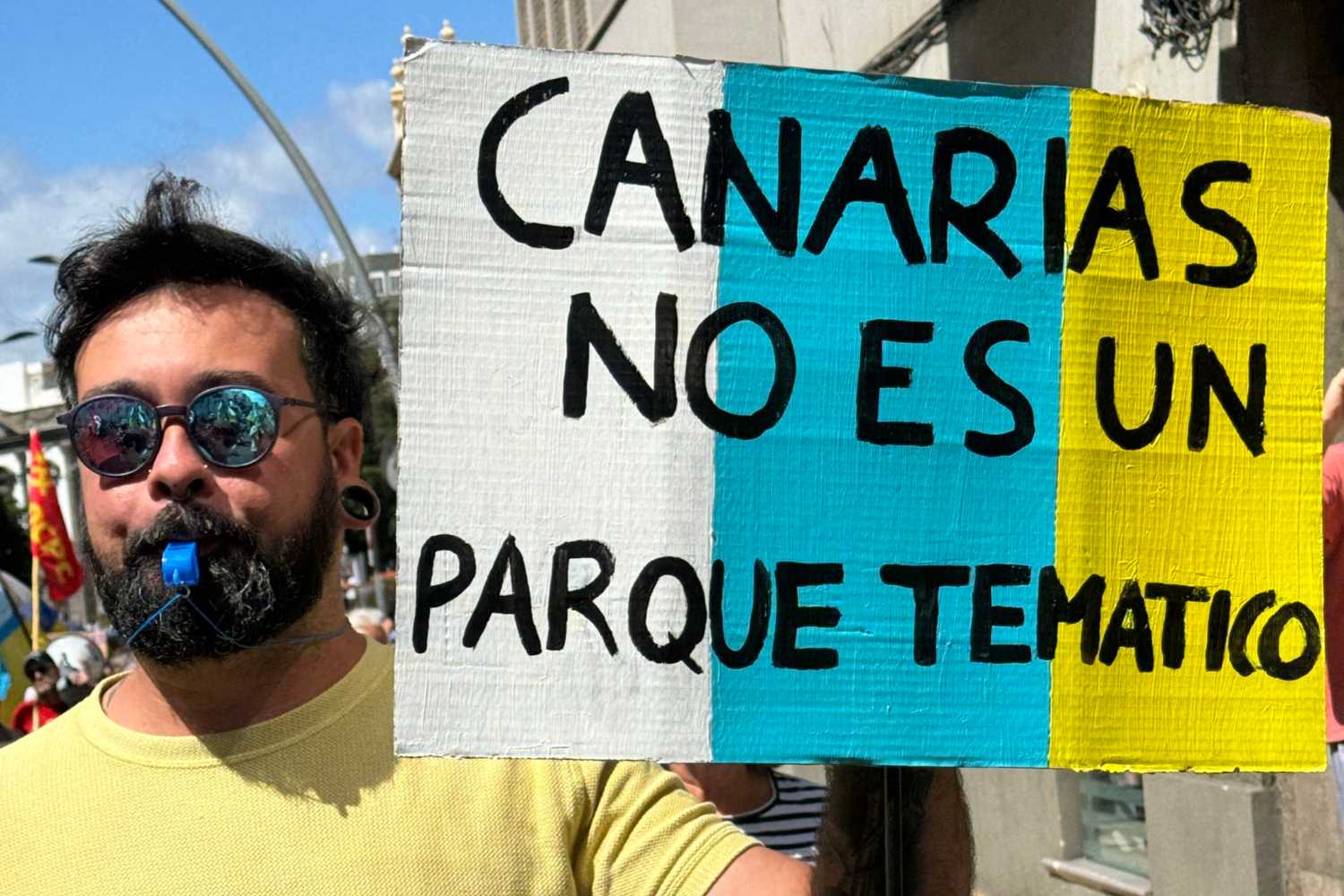Europe will witness protests on June 15, 2025, as activists demand action against the devastating effects of mass tourism on local communities and the environment.

@GeoTenerife/X
On June 15, 2025, Europe will witness coordinated protests across several of its major tourist destinations, as activists take to the streets armed with water pistols and signs to raise awareness of the devastating impact of uncontrolled tourism. This demonstration is set to challenge not just the influx of visitors, but the social and environmental consequences that have turned once-vibrant cities into playgrounds for the privileged few.
The alarm from the southern europe network against touristification
This mobilization was sparked by a meeting held in April in Barcelona, organized by the Southern Europe Network Against Touristification (SENAT). The activists do not aim to attack individual tourists, but instead to highlight the widespread social issues and environmental harm caused by mass tourism, which is pushing local residents out of their own cities.
The largest protest is expected in Majorca, where 60 groups will march under the slogan: “For the right to a dignified life; enough touristification.” The island, popular with visitors, has seen its local community struggle to maintain their way of life due to rising rents and a shift in the character of public spaces, which are increasingly becoming tourist attractions rather than places for locals to enjoy.
When cities become playgrounds
The crisis in housing is acute in many popular tourist destinations. Local residents face skyrocketing rents, the transformation of public spaces into tourist hotspots, and severe environmental degradation. These factors combine to make daily life increasingly impossible for those who have lived in these cities for generations.
Protests are nothing new. Back in April, Barcelona activists surrounded tourist buses near the Sagrada Familia, using water pistols and chanting slogans against mass tourism. The protests are becoming more than just expressions of frustration; they reflect a growing desire for change in how cities balance tourism with the needs of their citizens.
While tourism itself is unlikely to slow down, it is projected to continue growing. This calls for a responsible approach that involves not only governments but also tour operators, cruise lines, and airlines. Solutions being proposed include encouraging smaller group travels, promoting off-season tourism, exploring alternative destinations, and supporting local businesses.
Drastic measures worldwide
The problem of overtourism is compelling countries across the world to adopt increasingly severe measures. In Venice, the entry tax for daily visitors has been doubled, increasing from €5 ($5.50) to €10 ($11) for those who do not book at least four days in advance. Spain has eliminated the golden visa, which granted residency to those who invested at least €500,000 ($544,000) in property. In Malaga, new short-term rental properties have been banned in 43 neighborhoods for the next three years.
Meanwhile, Japan is considering a tenfold increase in the Kyoto tourist tax, while the fee to climb Mount Fuji has already been raised to 4,000 yen ($28).
Italy has also introduced more stringent regulations regarding citizenship by descent. It is now required that at least one parent or grandparent be born in the country, a shift from the previous policy that recognized great-grandparents as a valid link for citizenship.
Finding a necessary balance
The protests on June 15 will serve as a loud wake-up call that cannot be ignored. While tourism is vital to the economies of many destinations, it should not turn entire cities into theme parks at the expense of those who live there. The challenge ahead is to strike a sustainable balance that preserves both the cultural and environmental identity of these places, while also ensuring the right of residents to live a dignified life in their own cities. Only through a more mindful and responsible approach to tourism will it be possible to prevent this social tension from escalating into deeper conflicts.
